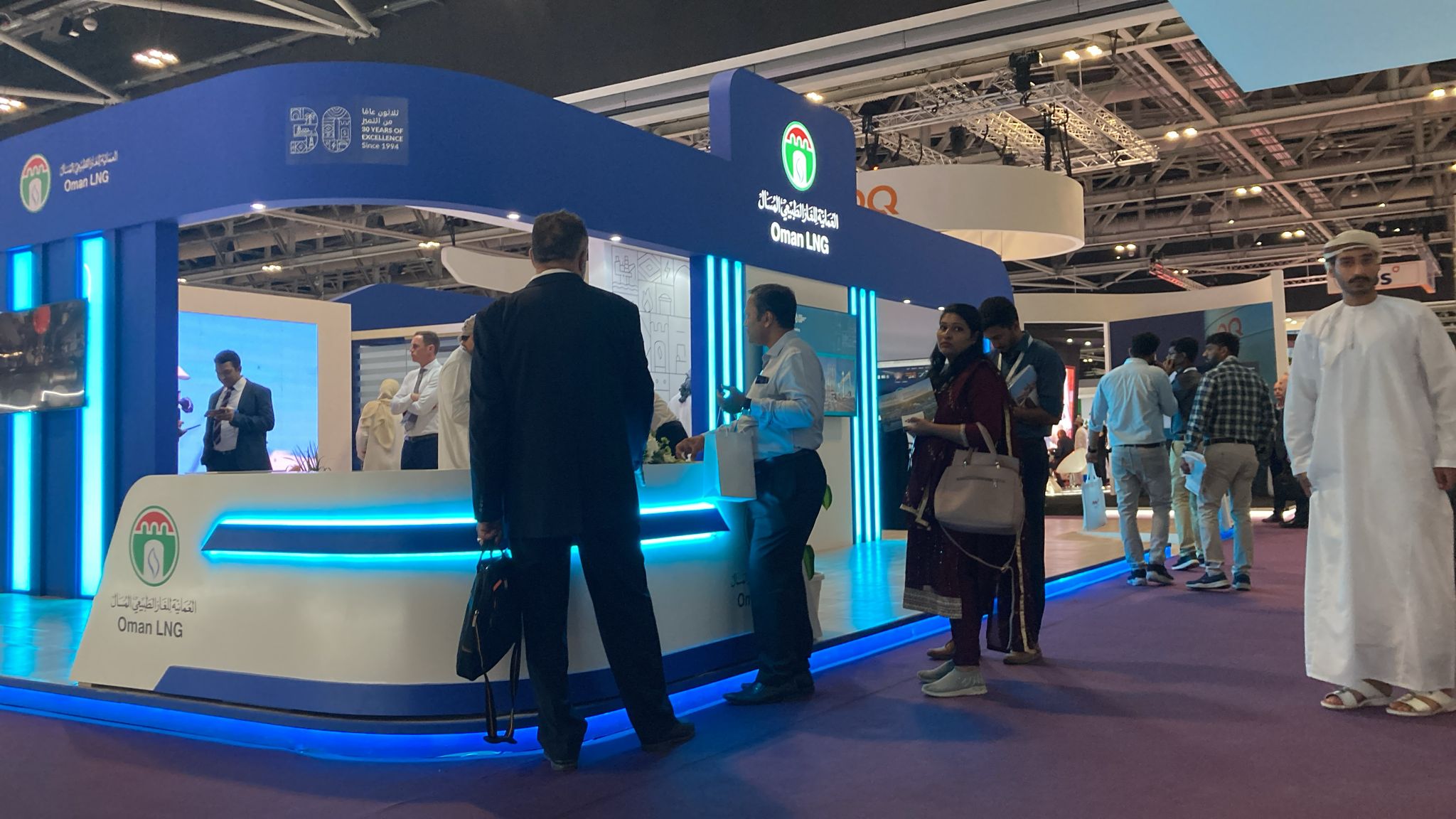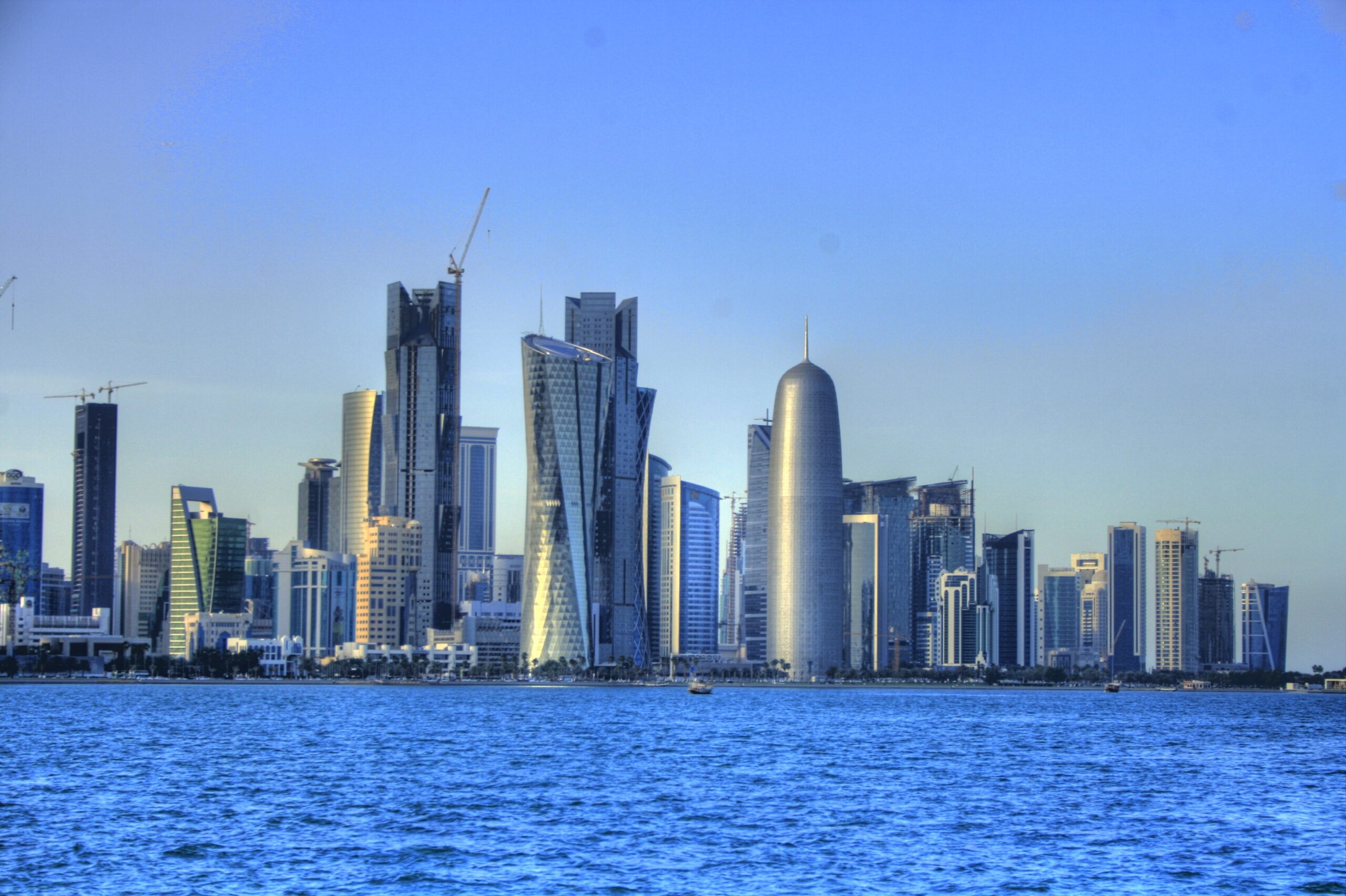UK prepayment meters adding to fuel poverty
The recent scandal over forced installation of prepayment gas meters in the UK has highlighted the issue of fuel poverty among vulnerable groups as well.

Earlier this month, Paul Morgan-Bentley, a British undercover reporter, broke the story that British Gas, which is owned by Centrica, was sending Arvato Financial Solutions, a third-party debt collection company, into customers’ homes and forcing them to have pay-as-you-go meters installed. Prepayment meters are not only more expensive than standard meters, but if families cannot afford the top up, their heating can be cut off.
The first of February was a day that will live long in the memory of Morgan-Bentley. It is probably one, however, that Chris O’Shea, the CEO of Centrica, would rather forget.
Most shockingly, with the UK in the grip of a cost-of-living crisis, Morgan-Bentley’s investigation for The Times revealed that it was the poor and the vulnerable, who were most affected. It was even revealed that debt collectors had forcibly entered the property of a single father with three young children, while they were inside, and switched them to a prepayment meter.
Centrica’s CEO’s Chris O’Shea told Sky News in a hastily arranged interview, that he was “really, truly sorry” and that Centrica “had got it wrong.” It has since suspended its contract with Arvato. Elsewhere, Ofgem, the energy regulator, has told energy companies to stop force fitting pre-payment meters and in a separate development, Lord Justice Edis, one of the UK’s most senior judges, has ordered magistrates not to issue warrants that enable homes to be forcibly entered and prepayment meters installed.
However David Hilferty, the Citizen’s Advice Bureau’s Social Justice spokesperson stressed that it would like “to see further action so people on smart meters aren’t switched onto a prepayment system.”
He added, “While an end to forced entry is welcome, it is not the only way prepayment meter consumers find themselves in distress. We have seen examples of people being denied help or unable to negotiate down debts. Bluntly, you don’t need to kick someone’s door down to traumatise them.”
Mari Martiskainen, Professor of Energy and Society at the University of Sussex, says that the government is right in asking energy companies to stop the forceful installation of prepayment meters as they often have the highest tariffs, leaving people at the mercy of much higher energy prices.
But Mark Williams, a policy analyst for Energy UK, the trade association for the energy industry, says that while “his organisation will never defend bad practice” prepayment meters have “long played an important role in helping customers budget and avoid falling further into debt.”
Says Williams, “Using warrants to install pre-payment meters in the homes of the most vulnerable customers is unacceptable.” However, he notes that suppliers “will point out that the majority of prepayment meters are installed through agreement between customers and suppliers.”
He explains, “Many households in the past have found prepayment meters an effective way of budgeting and suppliers have a duty to manage debt and keep it under control – both in relation to the individual customer and their own viability. However the energy industry fully realises that these aren’t normal times – which is why we are urging both the government and regulator to work with us on how we can tackle the affordability problem – both now and in the future.”
Adding to fuel poverty
But Martiskainen says that the high tariffs charged by prepayment meters only add to fuel poverty, which she says is “totally unacceptable given the impacts this has on health and wellbeing.”
With over six million households in the UK estimated to be living in fuel poverty, she believes that we need “to overhaul not only the domestic energy market with a social tariff” but also “retrofit our homes to be more resilient to high energy prices” so that we can “ensure comfortable homes with reasonable energy bills.”
She adds, “Renewable energy has become cheaper over time and for example heat pumps, while having higher capital costs, have been cheaper to run than gas boilers in many instances. However, we ought to consider energy services via a whole systems approach, so that homes are retrofitted to high standards while we explore options such as heat networks and uptake of renewable heating. But first, it’s important to see where we can save energy first, so that we can reduce emissions and avoid waste.”
But how does the UK pay for the upgrades to UK homes and to help the poor and vulnerable pay their bills? In light of record annual profit increases by Centrica, BP and Shell, should the government increase the windfall tax levy?
Martiskainen says, “The amount of profits that large energy companies are making during a very real cost of living crisis for millions of people indicates a systemic problem with the way the energy market is organised. Many of the large energy companies are making large profits while also being large source of emissions causing climate change. It is only reasonable to ask that polluters pay and consider what a fair and transparent net zero energy system means in practice.”
However, Williams says that windfall taxes “are not an effective mechanism for reducing prices in the long-term.” While he welcomes “the essential support packages the government has put in place during the energy crisis” that have had been part-funded by windfall taxes on oil and gas and renewable electricity, “in the end it is international markets that dictate prices.”
“Cheap, clean renewable power”
To combat high energy prices in the longer-term, Williams believes that the UK Government “must secure investment in our energy future and maximise the potential of cheap, clean renewable power.”
He adds, “Energy prices are unlikely to return to pre-crisis levels any time soon. Keeping the Electricity Generator Levy to the end of this decade will dampen investment in renewables. This will lock the UK into using more expensive gas for longer, costing consumers money and making it harder to reach our net zero and energy security targets.”
“That wouldn’t be good for anybody, especially consumers in low-income households who spend a greater proportion of their income on energy,” he warned.



